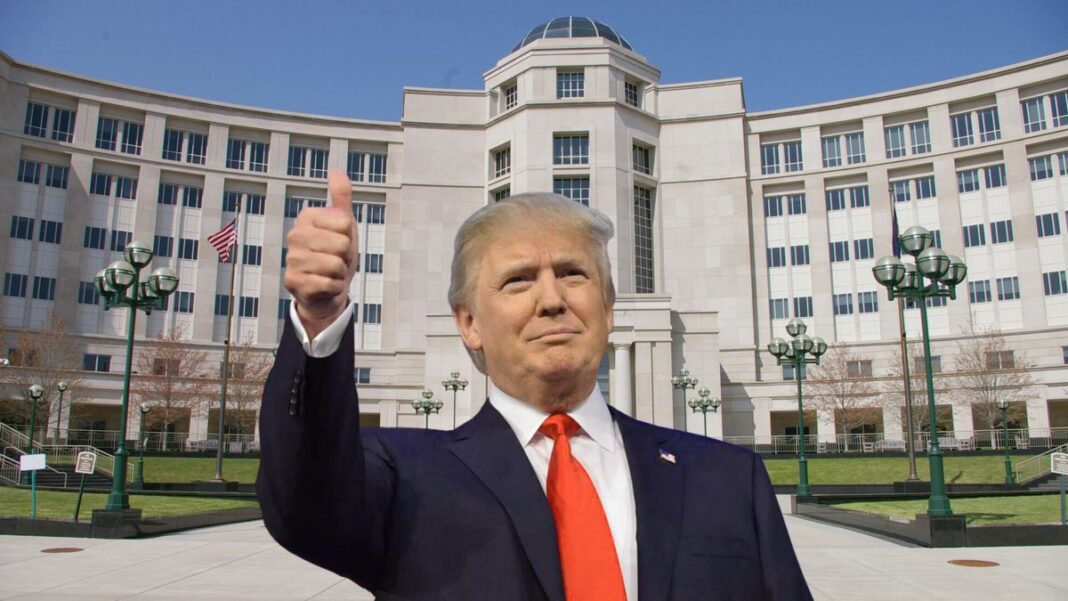
The Michigan Supreme Court handed a victory to the former president.
The Michigan Supreme Court rejected an attempt to remove former President Donald Trump from the 2024 ballot based on a reading of the U.S. Constitution’s 14th Amendment, according to a court document posted on Dec. 27.
The ruling in Michigan starkly contrasts a decision handed down last week by the Colorado Supreme Court that disqualified the former president from serving as president and removed him from the Colorado primary ballot, with a 4–3 majority of judges arguing that he was linked to the Jan. 6, 2021, Capitol breach. However, some analysts have suggested that the U.S. Supreme Court would overturn the Colorado court’s ruling—as he hasn’t been charged with either rebellion or insurrection in any jurisdiction.
According to the Michigan court’s brief order, it denied an appeal against the former president because it was “not persuaded that the questions presented should be reviewed by this Court.” The order appeared to reject the appeal on procedural grounds and didn’t address questions about whether President Trump engaged in an “insurrection” or whether the Constitution’s 14th Amendment’s Section 3 applies.
The order from the Michigan Supreme Court wasn’t signed and no vote count was released. There was only one dissenter: Democrat-nominated Justice Elizabeth Welch.
But with the ruling, due to the 2024 election’s timeline, it allows President Trump to remain on the ballot in Michigan, a key battleground state. Several recent polls have shown that the former president is leading President Joe Biden, a Democrat, in Michigan.
“The only legal issue properly before the Court is whether the Court of Claims and the Court of Appeals erred by holding that the Michigan Secretary of State lacks legal authority to remove or withhold former President Donald J. Trump’s name from Michigan’s 2024 presidential primary ballot,” Judge Welch wrote in the dissent.
“Significantly, Colorado’s election laws differ from Michigan’s laws in a material way that is directly relevant to why the appellants in this case are not entitled to the relief they seek concerning the presidential primary election in Michigan. … While not adopted by [a lower court], I would also vacate the Court of Claims’ analysis and application of the political question doctrine as unnecessary dicta considering the court’s conclusions on the merits as to the primary election and ripeness as to the general election … for these reasons, I respectfully dissent.”






